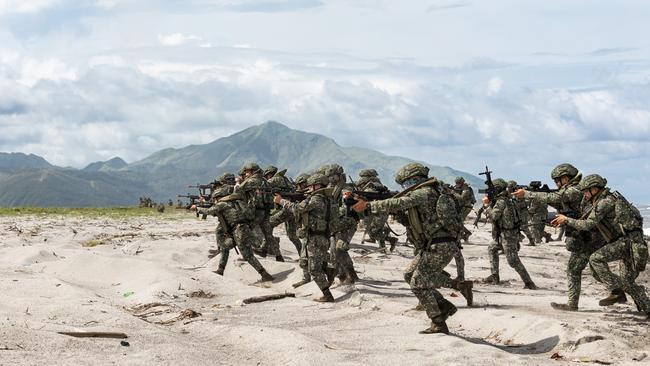
I am hard-pressed to think of another country that has less collective experience of war than the current generation of Australians. This means Australia is lucky. The lucky country to its core. But this also has made us entitled and lazy. Two ingredients that make for a rather fraught base on which to develop strategic thought, let alone garner national resilience or agency in security affairs.
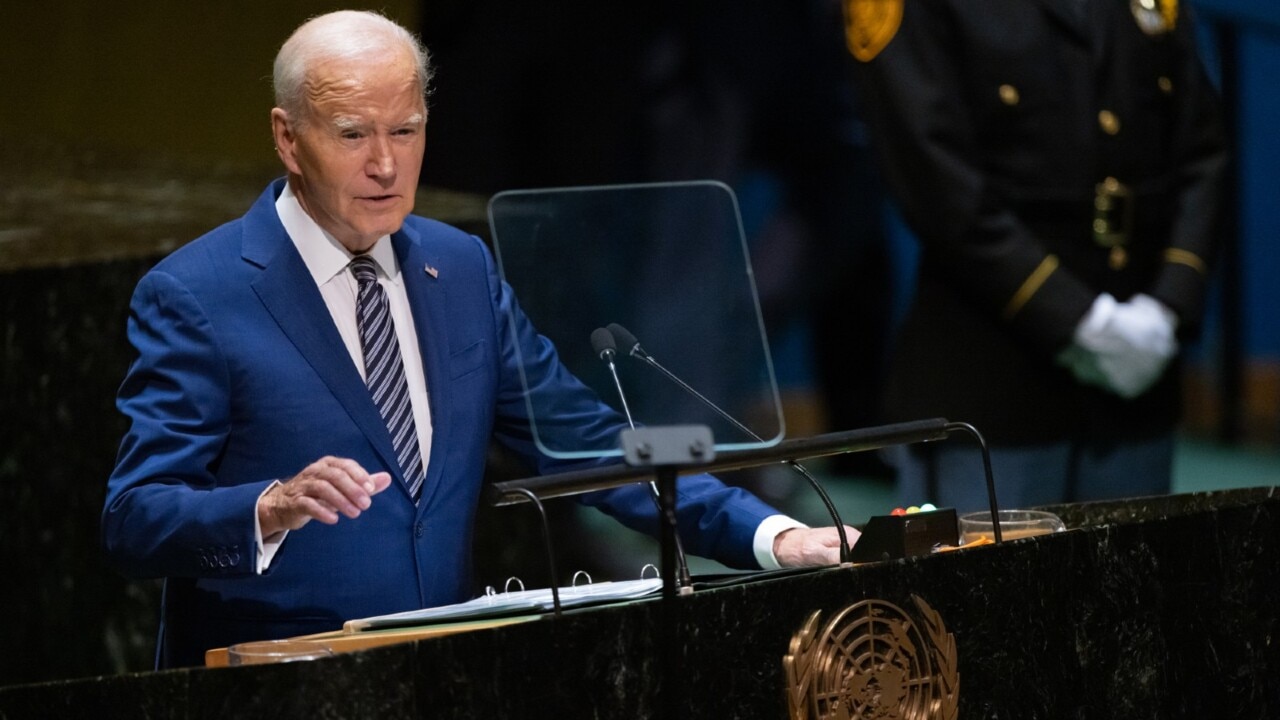
This default setting for our society might have been permissible in years gone by, but in light of the fundamental restructuring of the international power balance that is under way, we must change our national mindset towards war.
Despite our broad uninterest in the international system and the security strains placed on it, we do have duties and responsibilities to the system. After all, this system (also known as the liberal rules-based system) is one Australia continues to profit from and prosper within.
Of course, Australians can’t be blamed entirely. Various grassroot issues continue to cultivate a domestic ecosystem that is disconnected from war and the realities of strategic competition.
By design, our collective strategic and security literacy is stunted by failures to foster languages in early child education; by inabilities to teach the languages of our Southeast Asian neighbours or our Pacific “family”.
Systematic underfunding of social sciences and humanities, and the axing of area studies in universities, has further curtailed the growth of a robust civil society that understands the international system Australia exists in.
History, both of Australia and the world around us, is infrequently drawn upon in national debate, let alone valued in our education system. Much of today “rhymes” with the past, and an understanding of what we have done before, where we have failed or what has worked, is a critical element in a state’s toolbox of strategy.
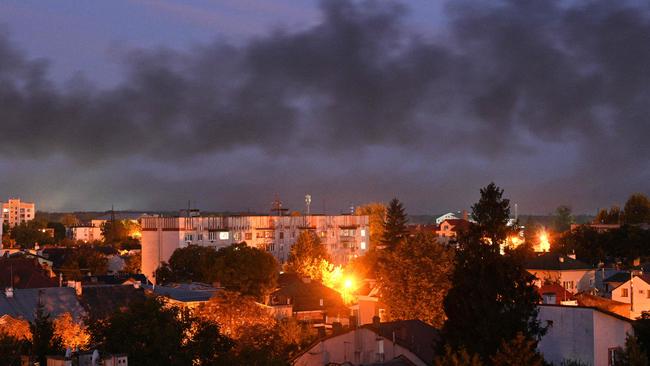
The starkest example of our national failure to think critically about security is the Ukraine-Russia war. On one hand we have armchair generals with a finger on the pulse (and on X, the social platform formerly known as Twitter), who are ready to unpack, in real time, moves made on the battlefield. On the other hand, there are the rest of us, many who are wondering how we failed to see or predict war returning to Europe.
Yet if we had a collective understanding of history, a grasp on subject matter expertise, or area studies know-how, we would be able to look to Vladimir Putin’s 2007 Munich speech in which he aired a long list of grievances against the West. It was this point in 2007, not in February last year when Russian tanks rolled into Ukraine, that we would then look to as a signal of something looming on the horizon for European security.
The Ukraine-Russia war should not have been a surprise for Australians. Yet the drivers of the conflict, the objectives of the belligerents, and the strategic rationale of states such as India and China at the sidelines, are all aspects of international security that seem to fall in our “too hard” basket. What Australians have seemed to glean from the Ukraine-Russia war is that war is something that occurs far away – generally in Europe.
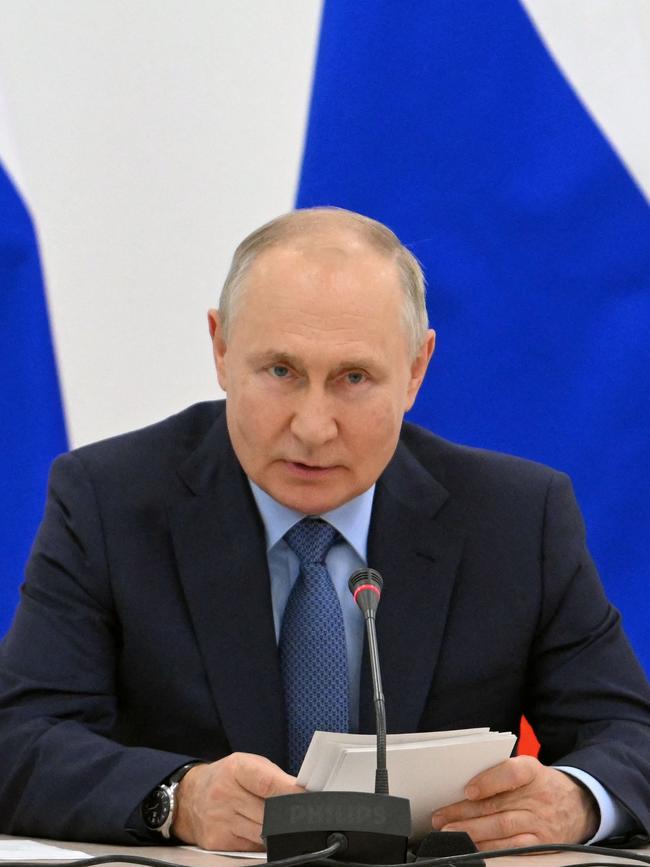
As a nation we don’t appear too fussed by the conflict’s knock-on effects such as higher fuel prices or a rising cost of living. Not that we are known for a protest. Further, the war has uncovered Australia’s rather rudimental assessment not only of why states go to war but of under what conditions states rally behind the cause. We continue to frame the Ukraine-Russia war in terms of supporting democracy, or backing the West, when we need to be articulating our foreign security activities in terms of our values.
If our nation possessed any real understanding of history and statecraft, we would be working from the reality that the rules-based global order and the US unipolar moment are both anomalies.
This is not to wish away the rules-based global order. But if the aim is to keep drawing from the rules-based system, then we must grasp the costs of doing so. Knowing the international system and its actors, and having an understanding of history, is a great place to start. Rolling up our sleeves and getting involved is another story.
Elizabeth Buchanan is an expert associate at the ANU National Security College.



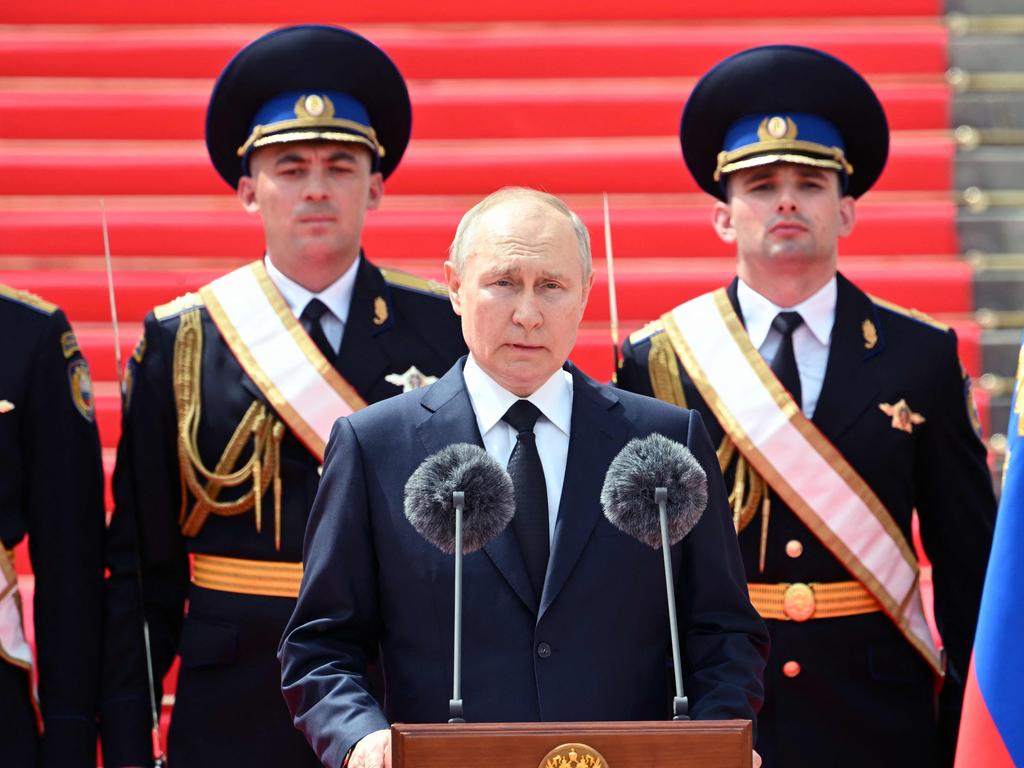

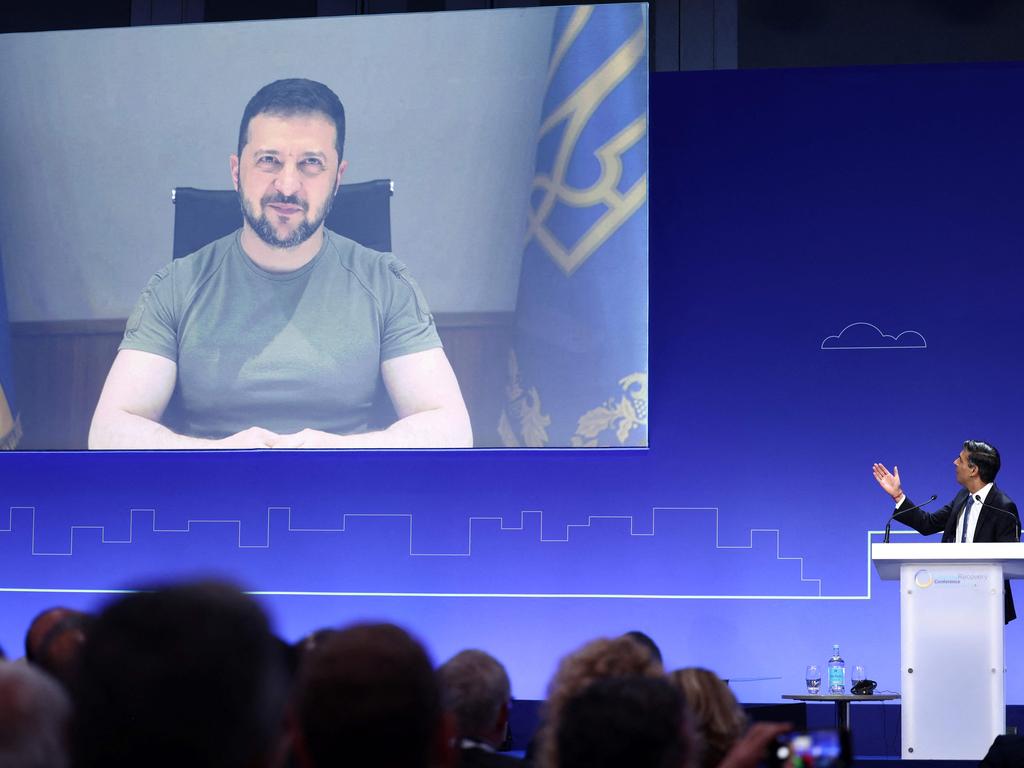


As a nation, we are incredibly naive. Too few of us grasp the nature of war, let alone consider the reality of conflict impinging on our day-to-day lives. Perhaps the tendency to clutch our pearls over the waging of war is linked to the fact that very few of us have any experience of armed conflict.